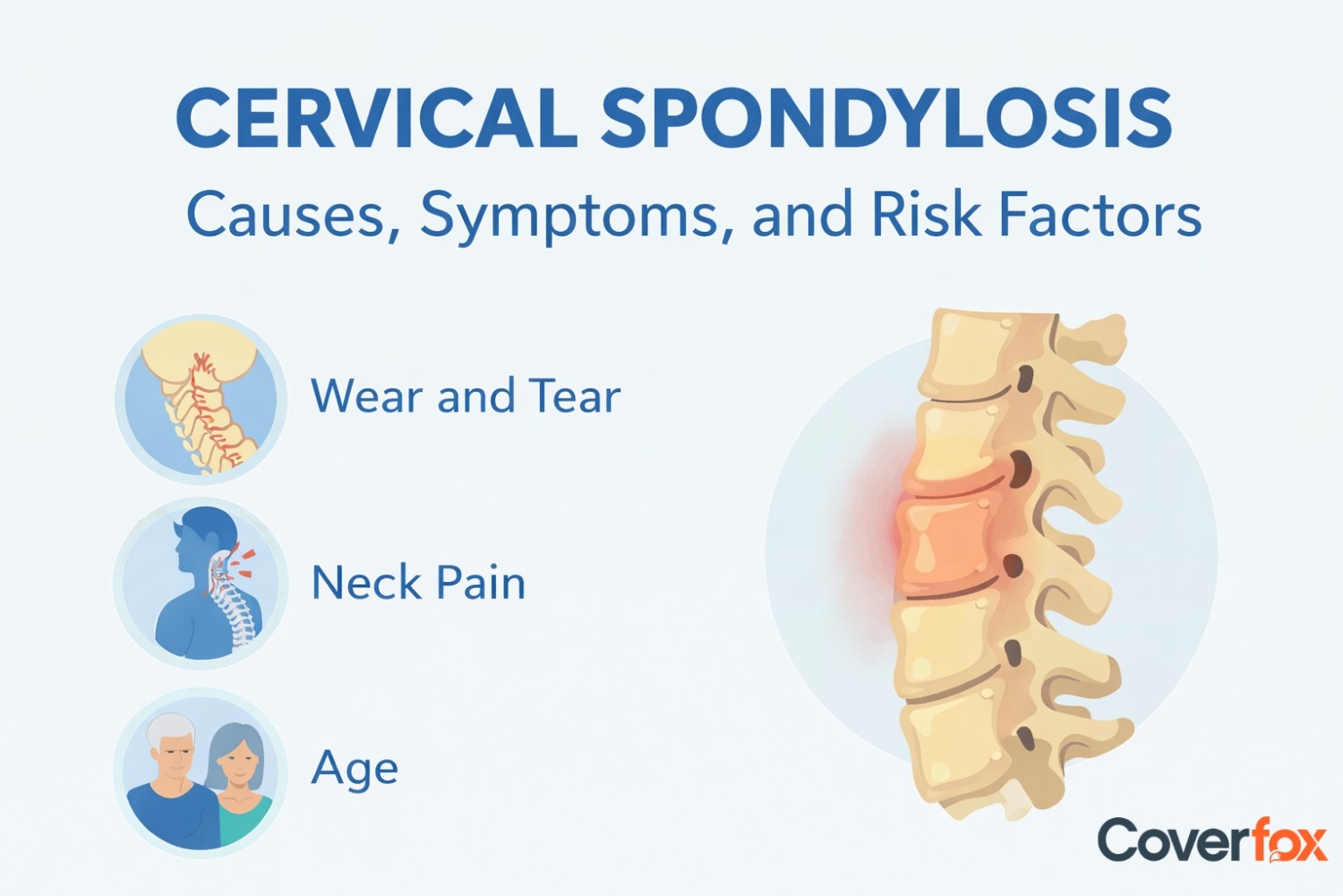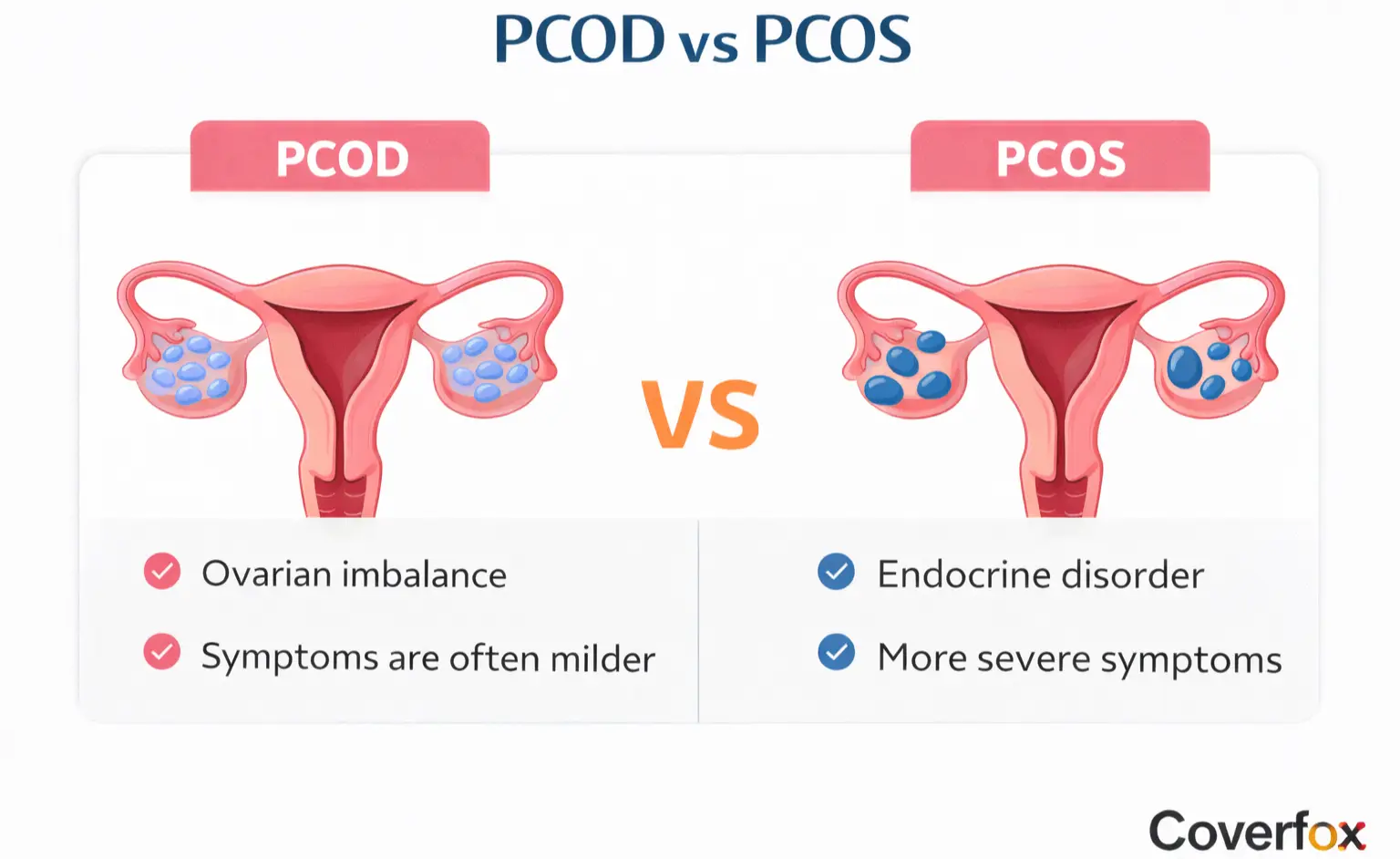Critical illness insurance pays a lump sum amount if you are diagnosed with a critical illnesses covered by the policy. Insurance companies offer exclusive critical illness insurance to provide coverage against such life threatening diseases.

Life is full of unexpected twists and turns. The only mantra is to stay prepared against the uncertainties that life throws at us. A major illness can cause loss of energy and strength, substantial medical costs and leave families struggling to meet even daily expenses. In such an event, a critical illness insurance policy comes as a saviour. It guarantees financial security when you require funds for both, medical treatments and for supporting your family.
Q. What is Critical illness insurance?
You might argue that as you are covered under a group insurance policy provided by your employer or covered in a comprehensive health insurance policy, you do not require additional coverage. But trust me, it isn’t enough! Having an additional cover for critical illnesses is necessary as your primary health insurance policy does not cover critical illnesses. Critical illness requires specialised medical treatment and care as your health insurance policy has certain limitations on doctor's fees, hospitalisation, etc. A basic health insurance policy will not cover your entire medical expense towards the treatment of critical illness, and is further restricted by the sum insured of the health plan. In simple terms, a health insurance plan comes with certain limitations on costs such as intensive care, prosthetic, or even medicines. Moreover, your spending on such illness is always more than what your insurance company will pay. In such cases, you will end up paying medical bills from your pocket.
Critical illness insurance is designed specially to cover critical illness and provide financial relief to the insured, if diagnosed with any of the critical illnesses specified by the company.
Here are some examples of critical illness covered under a critical illness plan:
Heart attack
Stroke
Major organ transplant
Paralysis
Kidney failure
Features of critical illness insurance
The insurance company pays a lump sum amount for the treatment of critical illness. Hospitalisation is not essential, and the insurance claim can be processed based on the diagnosis reports.
Critical illness coverage is usually provided after a waiting period of three months.
Critical health insurance offers policy duration option of 1, 2, and 3 years.
Critical health insurance plan generally covers life-threatening diseases such as a tumour, cancer, heart ailments, kidney failure, etc.
Depending on your family’s health history and financial budget, you can choose coverage for critical health insurance.
Usually, a survival period of 30 days will be applicable after diagnosis (depending on the insurance company). The compensation is paid out on survival during this period.
Pre-medical check-ups are necessary for people above a specific age limit (usually 45 years). Some insurance companies may not require pre-medical check-up before purchasing critical illness insurance.
Pre-existing diseases are generally not covered under critical illness insurance. However, most insurance companies allow coverage for pre-existing conditions on completion of a certain period of the consecutive policy term.
The sum insured can be increased or reduced subject to approval from the insurance company.
Tax benefit can be availed against the premium paid for critical illness insurance under Section 80D of the Income Tax Act, 1961.
Q. Why do you need critical illness insurance?
Any major sickness or disease can have a massive impact on the patient's life. It may lead to an extensive medical treatment and sometimes, leave the family members drained both emotionally and financially. In such circumstances, critical illness insurance acts as a saviour. The insurance company offers a lump sum amount in case the insured is diagnosed with any of the critical illness mentioned in the policy document. The benefit is payable on diagnosis of the first listed critical illness only and then terminates thereafter.
Q. Why do you need health insurance?
The average cost of getting medical treatment is increasing every year, and this trend is likely to continue even in the future. You may lose all your saving when a medical emergency arises in your family. Many people experience critical financial crises when they do not have enough money to provide medical treatment for their loved ones. There are several reasons why it is crucial to have a health cover.
- Medical emergencies can bankrupt you: Medical emergencies can be costly. If you have the misfortune of encountering a medical treatment without insurance, your financial health may quickly get drained. Moreover, you may not be able to work while you are getting treated, which means you could lose out on your pay as well.
- Changing lifestyle: There are plenty of reasons to have a health insurance policy in the first place. The churning shift in our lifestyle has made us more prone to health disorders. Commuting, unhealthy eating habits, hectic work schedules, quality of food and increasing level of pollution have increased the risk of developing health problems.
- Quality healthcare: Quality healthcare comes at a cost. An adequate health insurance policy helps you to get quality medical treatment at the time of hospitalisation. A health insurance policy offers financial coverage for quality medical treatment at an affordable premium. Most of the health insurance companies offer cashless facility at network hospitals or provide reimbursement for the expenses incurred for treatment.
- Income tax benefit: Premiums paid towards health insurance plans are eligible for tax deduction under Section 80D of the Income Tax Act, 1961. Individuals up to 60 years of age are eligible to receive a tax deduction up to Rs. 25,000 in a financial year. Health insurance premiums paid towards a policy for senior citizens are eligible to receive a tax deduction up to Rs. 50,000 per year.
- Covers pre and post-hospitalisation expenses: Health insurance covers not just mainstream medical costs, but also OPD (out-patient department) expenses. Expenses for hospitalisation and diagnosis tests have gone up in recent times, which have made it essential to buy health insurance to cover these expenses.
- Additional benefits: A health insurance policy also offers other benefits such as coverage for daycare surgeries, ambulance charges, health check-ups and vaccination expenses. Moreover, some insurance companies also cover expenses for Ayush treatment. The number of critical illnesses is increasing every day. Such diseases also result in loss of income, change in lifestyle and permanent disability. The financial burden could be severe than what a basic health insurance policy would cover. Critical illness insurance helps to meet huge medical costs as it provides a lump sum benefit to meet treatment expenses without burning a hole in your pocket.

Recommended: How Does Critical Illness Insurance Work?





.webp)
 in Insurance.webp)